8 Benefits Of Sauerkraut For Health + Nutritional Facts
Explore the tangy world of sauerkraut, where nutrition meets deliciousness.

Image: Shutterstock
The benefits of sauerkraut (fermented cabbage) are known the world over. It is a highly nutritious food that is believed to have originated in China more than 2000 years ago. Its probiotics promote the health of your gut flora. Sauerkraut is also known to help boost digestion, support the immune system, promote weight loss, enhance brain health, and reduce the risk of cancer. In this post, we explore the varied health benefits of sauerkraut, its nutrition profile, its preparation process, and any potential side effects. Read on.
In This Article
What Is Sauerkraut?
Sauerkraut is finely cut raw cabbage that is fermented by lactobacillus strains that produce useful probiotics (live bacteria). It has a pungent odor with a strong, sour flavor because of lactic acid formed in cabbage when the bacteria ferment the sugars. Sauerkraut has a rich nutritional profile and is used to make salads, sandwiches, and toppings for hot dogs.
 Did You Know?
Did You Know?The live bacteria in sauerkraut allow it to stay fresh for longer and offer several health benefits.
Key Takeaways
- Sauerkraut improves your digestion, bone strength, skin, and heart health, aids weight loss, and reduces the risk of cancer.
- Its fermentation process supports the growth of good bacteria, which are rich in nutrients and easy to digest.
- You can make a healthy reuben sandwich or a salad with sauerkraut.
- Since sauerkraut has high salt content, it may cause hypertension and increase the risk of heart problems.
8 Potential Health Benefits Of Sauerkraut
1. May Improve Digestion
Fermented food items contain live bacteria that are essential for your digestive health. The probiotics (live microorganisms) in sauerkraut can balance gut flora and help prevent and treat antibiotic-associated diarrhea (AAD). In one study, probiotics showed their efficacy in the prevention of diarrhea, a common adverse effect of antibiotic use (1). Probiotics also provide protection against inflammatory bowel diseases and gastrointestinal infections (2). Probiotics have also shown their efficacy in treating constipation, diarrhea caused by cancer treatment, and IBS (3).
Regular intake of Lacto-fermented sauerkraut helps reduce the symptoms of irritable bowel syndrome (IBS) (4). Daily consumption of sauerkraut has a positive impact on the gastrointestinal tract of many patients (5). As per the U.S. Department of Agriculture, North Carolina sauerkraut contains 28 distinct bacterial strains that help in the breakdown of your food into small molecules, which are easy to digest (2) (6).
2. May Promote Weight Loss
As per one study, the healthy gut flora, including the Lactobacillus species, was found most effective in the treatment of obesity (7). Sauerkraut is also high in fiber and may promote satiety (feeling of fullness) (8). This can help you reduce your food intake per day. Certain Lactobacillus species like Lactobacillus gasseri SBT2055 have been shown to suppress lipid absorption, prevent excess fat in the abdomen, and promote fecal fat excretion in humans (9).
As per one study, individuals who received probiotics showed a reduction in their body weight (10). Probiotic supplementation was also found to prevent weight gain (11).
3. May Support The Immune System
Probiotics can enhance the barrier function of epithelial cells and keep all harmful bacteria or pathogens at bay (12). They can also reduce the duration of illnesses like acute respiratory infections in healthy children and adults (13). Sauerkraut contains good bacteria that help keep your digestive system healthy. As per one study, the lactic acid bacteria in sauerkraut can trigger the expression of immune cells in the body (14).
Sauerkraut is rich in vitamins and minerals like vitamin C, vitamin K, and iron that boost the immune system and increase the bioavailability of nutrients present in it (15). Vitamin C prevents tissue damage and protects the immune cells against reactive oxygen species (ROS) (16). A study conducted by the Pennsylvania State University on older adults found that adequate amounts of iron are essential for a healthy immune system (17).
4. May Enhance Brain Health
Fermented foods like sauerkraut have the ability to enhance memory (18). In studies, Lactobacillus species were found to alleviate anxiety levels, depression, obsessive-compulsive disorder, and improved memory (19). Probiotics in fermented foods can improve cognitive function and enhance mental health (20). Sauerkraut also contains vitamins C and B12, folic acid, zinc, and magnesium that act against depression and related symptoms (21).
5. May Reduce Cancer Risk
As per one study, sauerkraut contains ascorbic acid, ascorbigen, and glucosinolate that may decrease DNA mutations and hinder the growth of tumor cells (15). A high intake of white cabbage can reduce the risk of certain cancers, like that of the prostate, breast, lungs, and pancreas (22). Another study conducted by the University of Medical Sciences, Poland, on rats, found that sauerkraut juice can suppress the expression of genes responsible for cancer. S-methyl methionine, a vitamin in sauerkraut, can reduce the risk of cancer in the stomach (23).
6. May Support Bone Strength
Vitamin K is essential for bone health and affects calcium balance in a positive way in bone metabolism (24). Sauerkraut contains both forms of vitamin K (vitamin K1 and vitamin K2) that are essential for bone health (25). Another study conducted on postmenopausal women showed that a low dose of vitamin K2 supplements decreases age-related decline in bone strength (26). Certain bacterial strains such as Lactobacillus and Bifidobacterium have the ability to increase bone density (27). Probiotics also help reduce inflammation in the case of rheumatoid arthritis (28).
7. May Improve Heart Health
Gut flora or microbiota has an impact on cardiovascular disease. Altered gut bacteria can result in heart disease (29). A study conducted on individuals with diabetes and coronary heart disease found that probiotic supplementation for 12 weeks had beneficial effects on their HDL-cholesterol levels (30). Long-term oral administration of probiotics can reduce serum cholesterol levels (31). A study conducted by Jilin University, China, on mice, found that naturally-fermented Chinese sauerkraut exhibits probiotic benefits that have the potential of lowering cholesterol (32). Vitamin K2 (menaquinone) in sauerkraut can inhibit the deposition of minerals on the walls of your arteries and veins, thereby reducing the risk of coronary heart disease (33).
8. May Support Skin Health
Oral and topical application of probiotics could be effective in treating certain inflammatory skin conditions. In one study, probiotics showed their efficacy in treating skin conditions like acne and atopic dermatitis (34). However, more studies are warranted to understand the effects of probiotics on skin health.
Sauerkraut’s impressive range of benefits often stems from the benefits of cabbage itself. Also, it has a wide range of vitamins and minerals. Check out the nutrition profile of sauerkraut in the next section.
Nutrition Profile Of Sauerkraut
As per the U.S. Department Of Agriculture, 100 grams of sauerkraut contain (35):
- Calories: 19 kcal
- Protein: 0.91 g
- Fat: 0.14 g
- Carbohydrate: 4.28 g
- Fiber: 2.9 g
- Calcium: 30 mg
- Iron: 1.47 mg
- Magnesium: 13 mg
- Potassium: 170 mg
- Sodium: 661 mg
- Vitamin C: 14.7 mg
- Vitamin K: 13 mcg
Sauerkraut fermentation provides an environment favorable to the growth of beneficial bacteria (probiotics), which makes sauerkraut nutrient-rich and easily digestible. But how do you prepare sauerkraut in your kitchen?
How To Prepare Sauerkraut?
You can prepare sauerkraut easily at your home with only two ingredients.
What You Need
- Medium-sized green cabbage – 1
- Salt – 1 tablespoon
Process
- Shred fresh cabbage into slices.
- Add salt and massage into the chopped cabbage in a bowl for a few minutes.
- Let it sit for some time, until saltwater starts accumulating at the bottom.
- Transfer the cabbage mixture after 10 minutes into a clean jar (1 liter) along with the saltwater.
- Make sure the cabbage mixture is completely submerged. Remove any air gaps to avoid the growth of harmful bacteria.
- Place a small jar with water inside the larger jar, on top of the mixture, to weigh it down. This will hold the cabbage mixture below the saltwater during fermentation.
- Cover the jar carefully and press the cabbage down in a timely manner to keep the mixture below the brine.
- Leave the jar lid slightly loose. This will allow gases to escape during the fermentation process.
- Let this sit at room temperature and away from direct sunlight.
- The longer you wait, the tastier your sauerkraut will be.
- Store your sauerkraut in the refrigerator after the fermentation process.
This is how easily you can prepare sauerkraut in your kitchen. But how do you eat sauerkraut? Let’s look at some recipes in the following section.
How To Eat Sauerkraut?
You can add sauerkraut simply to your diet and enjoy this probiotic fermented food.
1. Reuben Sandwich
What You Need
- Sauerkraut – 1 cup
- Butter – 2 tablespoons
- Swiss cheese – 8 slices
- Sliced corned beef – 8 slices
- Thousand Island dressing – ½ cup
Process
- Preheat the skillet on medium heat.
- Lightly butter one side of the bread and cover the other side with the Thousand Island dressing.
- On 4 bread slices, layer 1 slice of Swiss cheese, 2 slices of corned beef, 1/4 cup sauerkraut, and the second slice of Swiss cheese.
- Top with the remaining bread slices, with the buttered sides out.
- Grill the sandwiches on both sides until they turn golden brown.
2. Seattle Cream Cheese Dogs
What You Need
- Sauerkraut – 1 cup
- Butter – ¼ cup
- Sweet onion – 1
- Cream cheese – 1 pack (4 ounces)
- Hot dogs or sausages – 4
- Hot dog buns – 4
- Mustard – Optional
Process
- Preheat the skillet on medium heat.
- Add onions and cook slowly until they have softened and turned deep brown. This may take about 15 minutes.
- Warm the cream cheese over low heat until it turns soft.
- Grill hot dogs until well browned.
- To assemble cheese dogs, spread the warm cream cheese on a toasted hot dog bun.
- Add hot dog or sausage, top with onions, mustard, and sauerkraut.
3. Sauerkraut Salad
What You Need
- Drained sauerkraut – 1 quart
- Chopped celery – 2 stalks
- Chopped carrot – 1 large
- Chopped onion – 1
- Green bell pepper – 1
- Mustard seeds – 1 teaspoon
- White sugar – 1 ½ cups
- Diced pimento peppers – 1 (4 ounces)
- Vegetable oil – 1 cup
- Cider vinegar – ½ cup
Process
- Mix sauerkraut, celery, green bell pepper, onion, carrot, pimientos, and mustard seeds in a bowl.
- Set aside this mixture for some time.
- In a small saucepan, mix sugar, oil, and vinegar.
- Bring to a boil and remove from heat.
- Pour sugar mixture over salad, cover, and leave it in the refrigerator for 2 days before serving.
4. Sauerkraut Balls
What You Need
- Drained and minced sauerkraut – 2 cups
- Finely chopped corned beef – 1 cup
- Unsalted butter – 3 tablespoons
- Finely chopped onion – 1
- Crushed garlic – ½ a clove
- Finely chopped cooked ham – 1 cup
- Beef broth – ½ cup
- All-purpose flour – 2 ½ tablespoons
- Chopped fresh parsley – 1 tablespoon
- Beef broth – ½ cup
- Milk – 2 cups
- Egg – 1
- Oil for frying – 1 quart
- Fine dry bread crumbs – 4 cups
Process
- Melt butter over medium-low heat in a large skillet.
- Add onion and cook until softened.
- Stir in ham, corned beef, and garlic.
- Stir in 6 tablespoons of flour and cook mixture over moderate heat, stirring occasionally, for 3 minutes.
- Add and stir in sauerkraut, parsley, and broth.
- Cook the mixture until thickened and paste-like.
- Spread the mixture on a platter and chill for at least 3 hours.
- Heat oil in a deep-fryer to 375o F (190o C).
- In a bowl, whisk together the egg, milk, and 2 ½ cups of flour.
- Shape the sauerkraut mixture into balls, dip them into the egg mixture, and roll them in the bread crumbs.
- Fry balls for 2 to 3 minutes or until they turn golden brown.
5. Sauerkraut Avocado Toast
What You Need
- Whole-grain bread – 2 slices
- Ripe avocado – 1
- Drained sauerkraut – 1/2 cup
- Salt and pepper – to taste
- Optional toppings – sesame seeds, red pepper flakes, or fresh herbs
Process
1. Begin by toasting the whole-grain bread slices until they reach your desired level of crispness.
2. Slice the ripe avocado, mash it in a bowl, and season with salt and pepper to taste.
3. Once the toast is ready, spread the mashed avocado evenly onto each slice.
4. Spoon the sauerkraut generously over the avocado layer on each toast.
5. Garnish with optional toppings of your preference, such as sesame seeds, red pepper flakes, or fresh herbs, for added flavor and texture.
6. Serve immediately and enjoy your nutritious sauerkraut avocado toast, perfect for a flavorful and gut-friendly snack or breakfast.
Here in this blog, the blogger, Eva, shares a nostalgic and heartwarming story about her Hungarian grandmother and the tradition of pickling vegetables. She reflects on her childhood memories of enjoying pickled cucumbers, green tomatoes, peppers, and sauerkraut, highlighting their importance during the winter months when fresh vegetables were scarce. She also adds, “Sauerkraut was our number-one favorite in winter and in summer we loved pickled cucumbers best.” (i)
 Pro Tip
Pro TipPicking the right variant of sauerkraut ensures you enjoy the maximum benefits. The following tips can help.
Tips For Buying Sauerkraut
- Always check the labels for any unpasteurized sauerkraut varieties. Look for words like unpasteurized or kept refrigerated. Lactic acid is a preservative, so additional pasteurization is not needed.
- If it is pasteurized, look for a method that uses low heat (because high heat kills probiotics).
- There should only be two ingredients in sauerkraut (cabbage and salt). Some additional seasonings like garlic or carrot would also do.
- Avoid varieties with preservatives and added sugars.
- Choose the brand that specifically has the Lactobacillus strain.
The rich nutritional profile of sauerkraut offers many health benefits. But how much sauerkraut can one take? How much is too much? Check out in the next section.
How Much Sauerkraut Is Too Much?
Regular intake of 7 grams to 10 grams of sauerkraut in small doses is recommended for people with gastrointestinal problems (15). Anything beyond this may lead to gas and bloating. However, limited data is available in this regard.
Consumption of sauerkraut in limited quantities is generally considered safe. But it may cause some side effects if consumed in excess amounts.
Are There Any Side Effects?
Intake of higher doses of sauerkraut may cause some side effects. As per one study, the high histamine content in sauerkraut might contribute to allergic reactions. Also, sauerkraut has a high salt content that may increase blood pressure and elevate risk of cardiovascular disease in some individuals (36). However, limited data is available in this regard.
The benefits of sauerkraut are numerous. It improves digestion, promotes weight loss, supports the immune system, enhances bone health, reduces cancer risk, and may also support bone health. In addition, it improves heart health and supports skin health. Sauerkraut can be prepared easily at home with some simple ingredients. However, eating sauerkraut in excess amounts may trigger side effects like allergic reactions, increased blood pressure, and an elevated risk of cardiovascular diseases. Therefore, caution is advised while adding it to your diet. However, having it in moderation helps to reap its benefits.
Frequently Asked Questions
How much sauerkraut should I eat each day?
You can have about 1-6 tablespoons of sauerkraut every day.
Does sauerkraut make you poop?
Yes. The dietary fiber in sauerkraut promotes digestion, bulks up stool, and promotes regular bowel movements.
What is the best time to eat sauerkraut?
In the morning. Sauerkraut helps in digestion and many other body functions that can help boost metabolism.
How long does sauerkraut take to heal the gut?
It may take about 2-4 weeks to show digestive benefits.
Check out the benefits of sauerkraut and transform your health with it. The fermented delight has huge potential to enhance your well-being. Click here to learn more!
Personal Experience: Source
StyleCraze's articles are interwoven with authentic personal narratives that provide depth and resonance to our content. Below are the sources of the personal accounts referenced in this article.
(i) FERMENTED FOOD: IF IT DOESN’T POISON YOU, IT WILL MAKE YOU HEALTHIER (…RIGHT?)https://zonapellucida.wordpress.com/2011/05/09/fermented-food-if-it-doesnt-poison-you-it-will-make-you-healthier-right/
References
Articles on StyleCraze are backed by verified information from peer-reviewed and academic research papers, reputed organizations, research institutions, and medical associations to ensure accuracy and relevance. Read our editorial policy to learn more.
- Probiotics for the prevention and treatment of antibiotic-associated diarrhea: a systematic review and meta-analysis
https://pubmed.ncbi.nlm.nih.gov/22570464/ - Fermented Fruits and Vegetables of Asia: A Potential Source of Probiotics
https://www.ncbi.nlm.nih.gov/pmc/articles/PMC4058509/ - Probiotics: What You Need To Know
https://www.nccih.nih.gov/health/probiotics-usefulness-and-safety - Lacto-fermented sauerkraut improves symptoms in IBS patients independent of product pasteurization – a pilot study
https://pubmed.ncbi.nlm.nih.gov/30256365/ - Regular Consumption of Sauerkraut and Its Effect on Human Health: A Bibliometric Analysis
https://www.ncbi.nlm.nih.gov/pmc/articles/PMC4268643/ - Bacteriophage ecology in commercial sauerkraut fermentations
https://pubmed.ncbi.nlm.nih.gov/12788716/ - The development of probiotic treatment in obesity: a review
https://pubmed.ncbi.nlm.nih.gov/23886977/ - Optimizing foods for satiety
https://www.sciencedirect.com/science/article/pii/S0924224414002386 - Lactobacillus gasseri SBT2055 suppresses fatty acid release through enlargement of fat emulsion size in vitro and promotes fecal fat excretion in healthy Japanese subjects
https://pubmed.ncbi.nlm.nih.gov/25884980/ - Lactobacillus fermentum and Lactobacillus amylovorus as probiotics alter body adiposity and gut microflora in healthy persons
https://www.sciencedirect.com/science/article/pii/S1756464612001399 - Probiotic supplementation attenuates increases in body mass and fat mass during high-fat diet in healthy young adults
https://pubmed.ncbi.nlm.nih.gov/26466123/ - Live probiotics protect intestinal epithelial cells from the effects of infection with enteroinvasive Escherichia coli (EIEC)
https://pubmed.ncbi.nlm.nih.gov/12801956/ - Effectiveness of probiotics on the duration of illness in healthy children and adults who develop common acute respiratory infectious conditions: a systematic review and meta-analysis
https://pubmed.ncbi.nlm.nih.gov/24780623/ - Metabolites of lactic acid bacteria present in fermented foods are highly potent agonists of human hydroxycarboxylic acid receptor 3
https://pubmed.ncbi.nlm.nih.gov/31120900/ - Regular Consumption of Sauerkraut and Its Effect on Human Health: A Bibliometric Analysis
https://www.ncbi.nlm.nih.gov/pmc/articles/PMC4268643/ - Vitamin C and its physiological role with respect to the components of the immune system
https://pubmed.ncbi.nlm.nih.gov/23121060/ - Immune function is impaired in iron-deficient homebound older women
https://pubmed.ncbi.nlm.nih.gov/14985230/ - Impact of Fermented Foods on Human Cognitive Function—A Review of Outcome of Clinical Trials
https://www.ncbi.nlm.nih.gov/pmc/articles/PMC6027668/ - Effect of Probiotics on Central Nervous System Functions in Animals and Humans: A Systematic Review
https://www.jnmjournal.org/journal/view.html?doi=10.5056/jnm16018 - A Review of Fermented Foods with Beneficial Effects on Brain and Cognitive Function
https://www.ncbi.nlm.nih.gov/pmc/articles/PMC5216880/ - Fermented foods microbiota and mental health: ancient practice meets nutritional psychiatry
https://www.ncbi.nlm.nih.gov/pmc/articles/PMC3904694/ - Cancer chemopreventive agents: glucosinolates and their decomposition products in white cabbage (Brassica oleracea var. capitata)
https://pubmed.ncbi.nlm.nih.gov/18388852/ - Functional Properties of Microorganisms in Fermented Foods
https://www.ncbi.nlm.nih.gov/pmc/articles/PMC4844621/ - Vitamin K and bone health
https://www.sciencedirect.com/science/article/abs/pii/S0899900701007092?via%3Dihub - Vitamin K: Double Bonds beyond Coagulation Insights into Differences between Vitamin K1 and K2 in Health and Disease
https://www.ncbi.nlm.nih.gov/pmc/articles/PMC6413124/ - Three-year low-dose menaquinone-7 supplementation helps decrease bone loss in healthy postmenopausal women
https://pubmed.ncbi.nlm.nih.gov/23525894/ - Effect of Probiotics Supplementation on Bone Mineral Content and Bone Mass Density
https://www.ncbi.nlm.nih.gov/pmc/articles/PMC3920759/ - Probiotic supplementation improves inflammatory status in patients with rheumatoid arthritis
https://www.sciencedirect.com/science/article/abs/pii/S0899900713004395 - Gut Microbiome and Cardiovascular Diseases
https://www.ncbi.nlm.nih.gov/pmc/articles/PMC6164700/ - The effects of probiotic supplementation on metabolic status in type 2 diabetic patients with coronary heart disease
https://www.ncbi.nlm.nih.gov/pmc/articles/PMC6008939/ - One-year application of probiotic strain Enterococcus faecium M-74 decreases serum cholesterol levels
https://pubmed.ncbi.nlm.nih.gov/16026136/ - Evaluation of probiotic properties of Lactobacillus plantarum strains isolated from Chinese sauerkraut
https://pubmed.ncbi.nlm.nih.gov/23117677/ - Dietary intake of menaquinone is associated with a reduced risk of coronary heart disease: the Rotterdam Study
https://pubmed.ncbi.nlm.nih.gov/15514282/ - An approach on the potential use of probiotics in the treatment of skin conditions: acne and atopic dermatitis
https://pubmed.ncbi.nlm.nih.gov/29676446/ - Sauerkraut canned solids and liquids
https://www.self.com/ - Sodium Intake and Hypertension
https://www.ncbi.nlm.nih.gov/pmc/articles/PMC6770596/
Read full bio of Shivani Sikri
Read full bio of Sindhu Koganti
Read full bio of Arshiya Syeda
Read full bio of Himanshi Mahajan






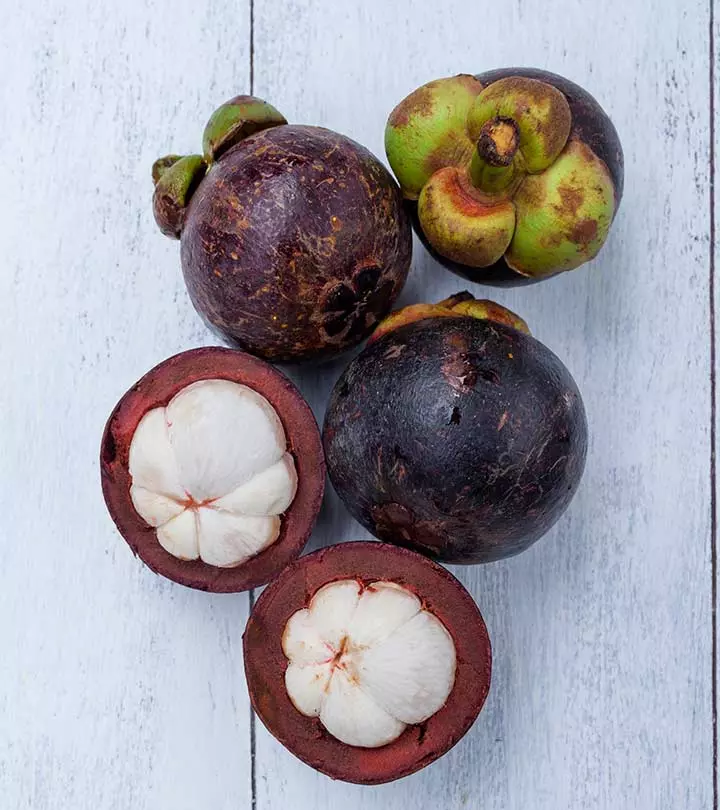
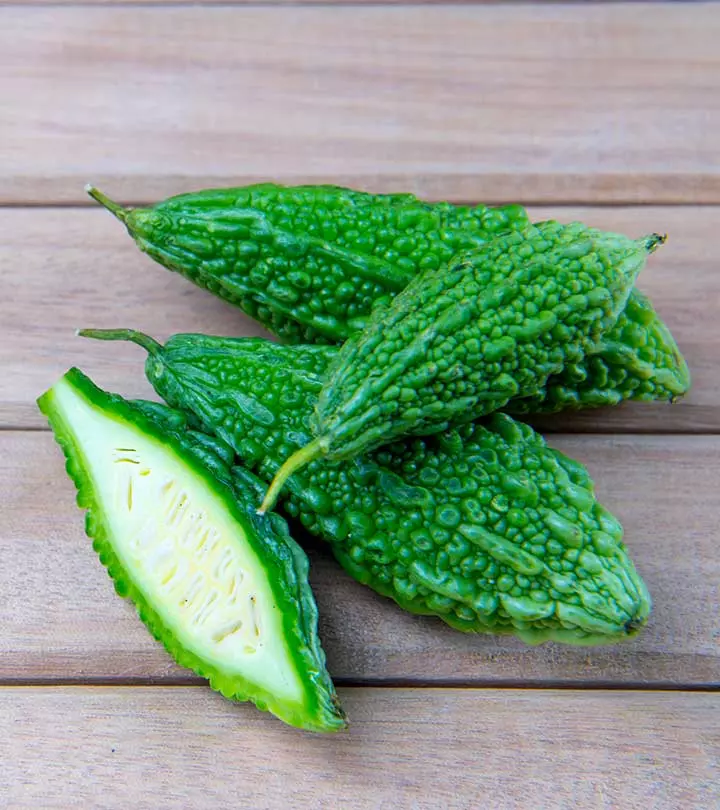
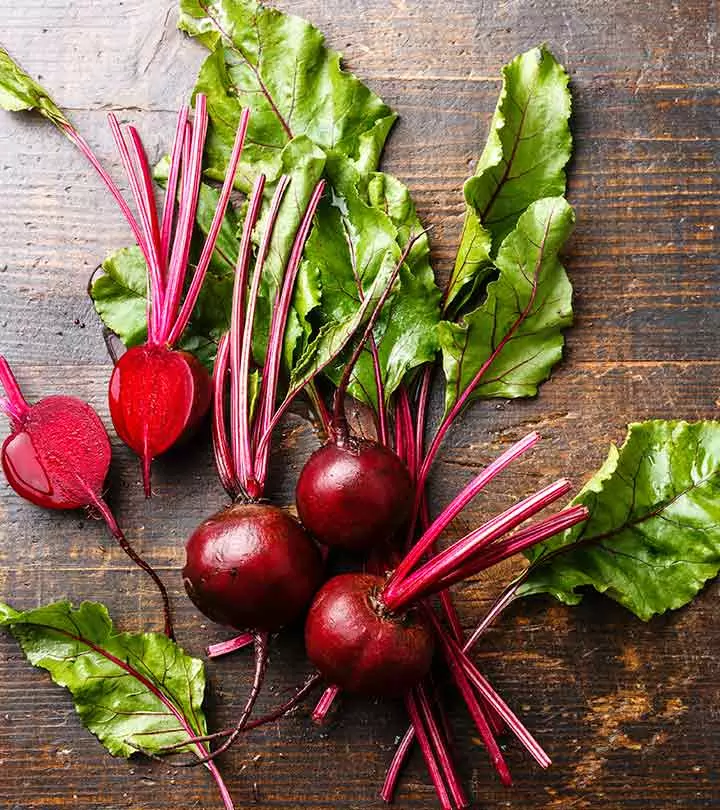

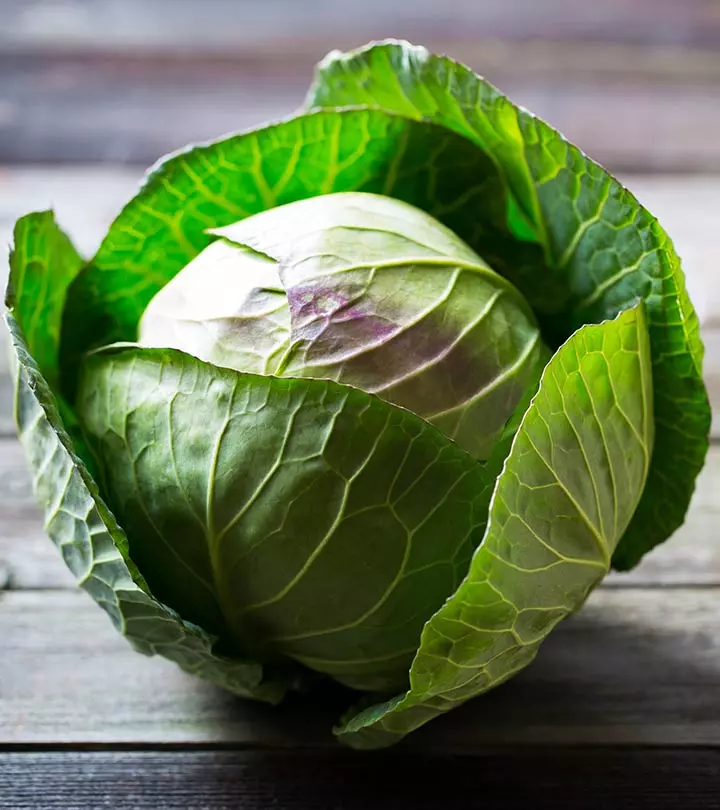
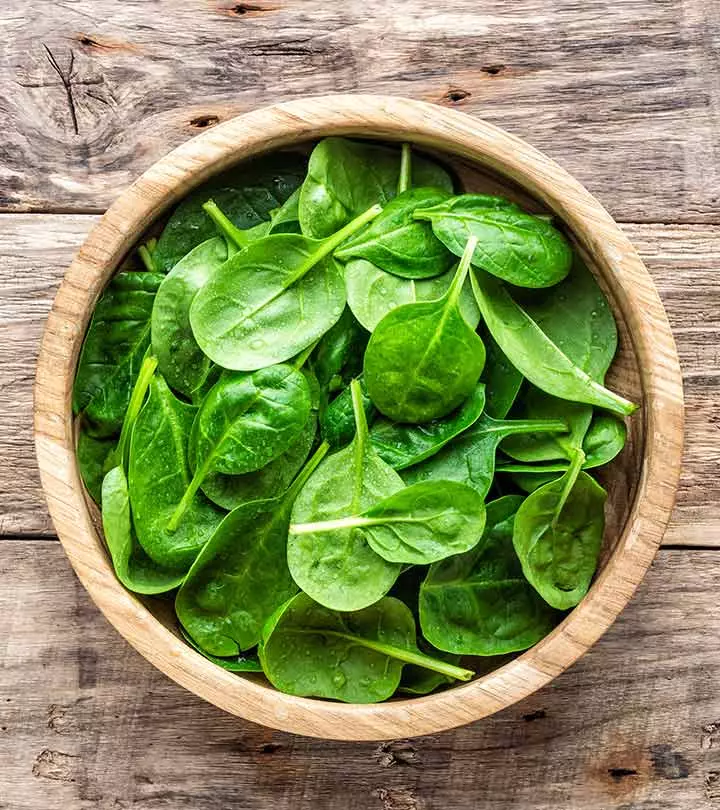
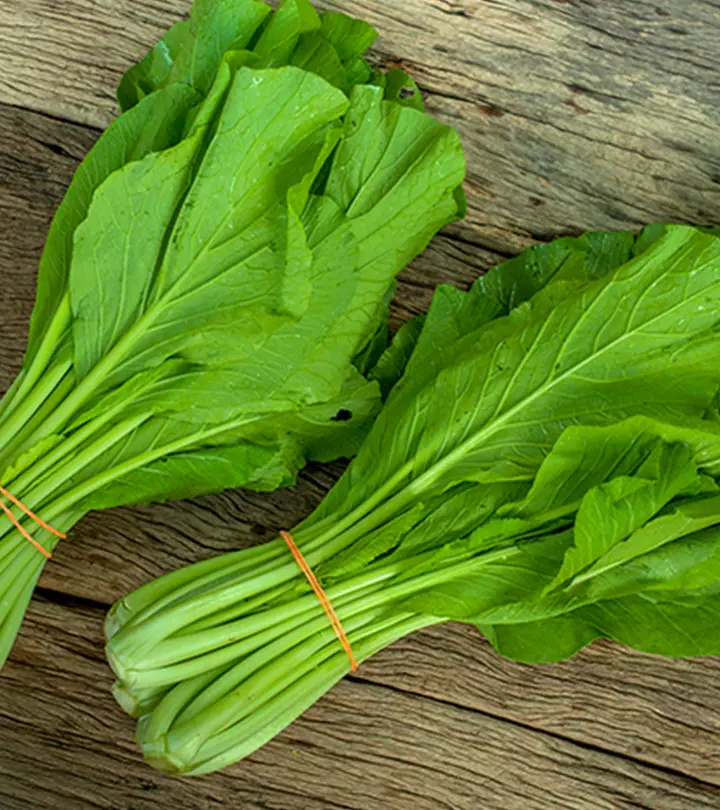
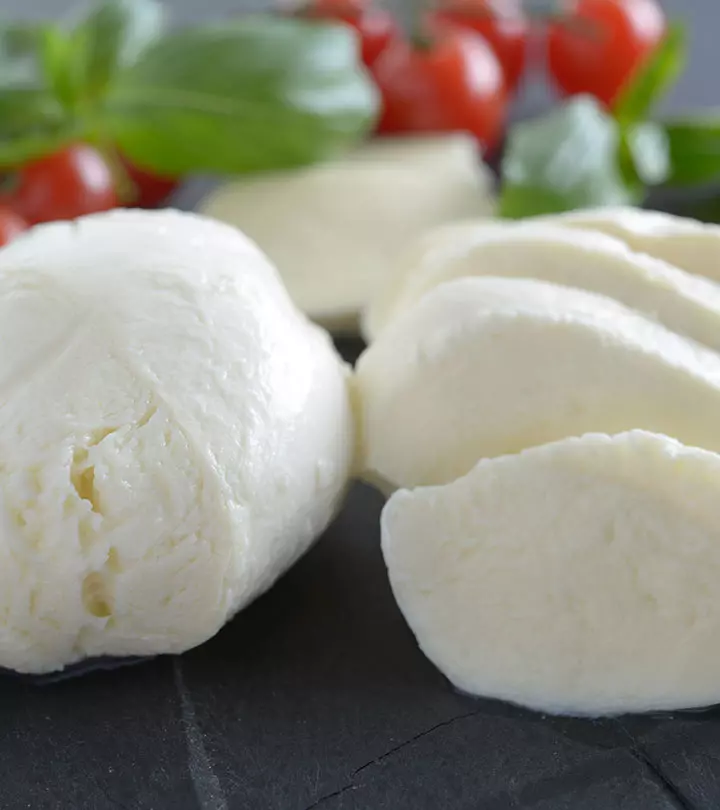
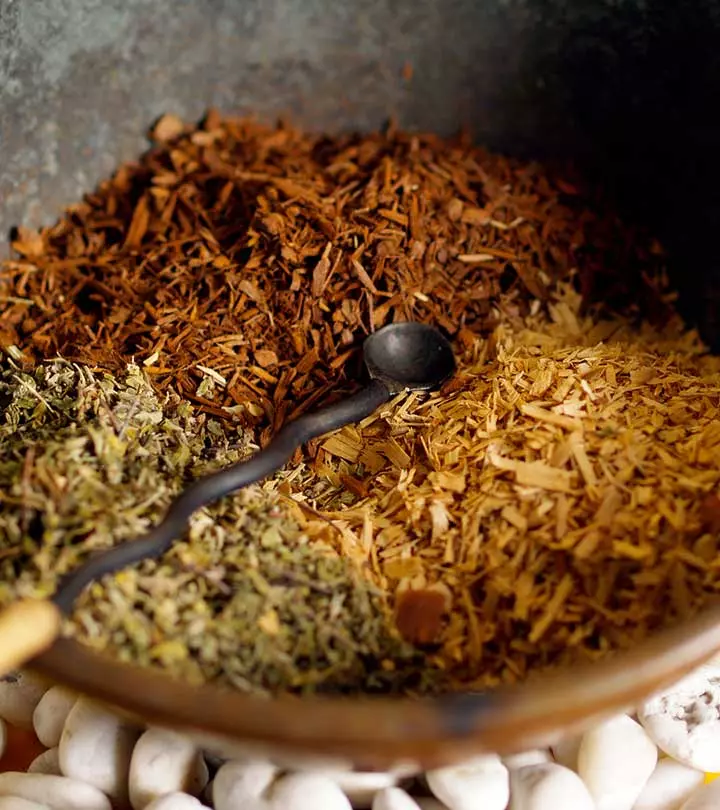
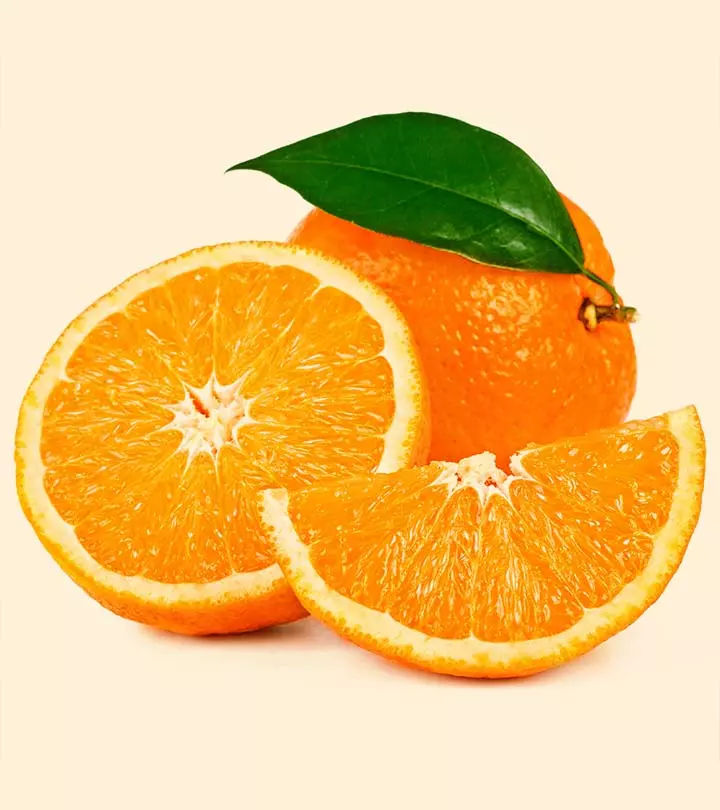


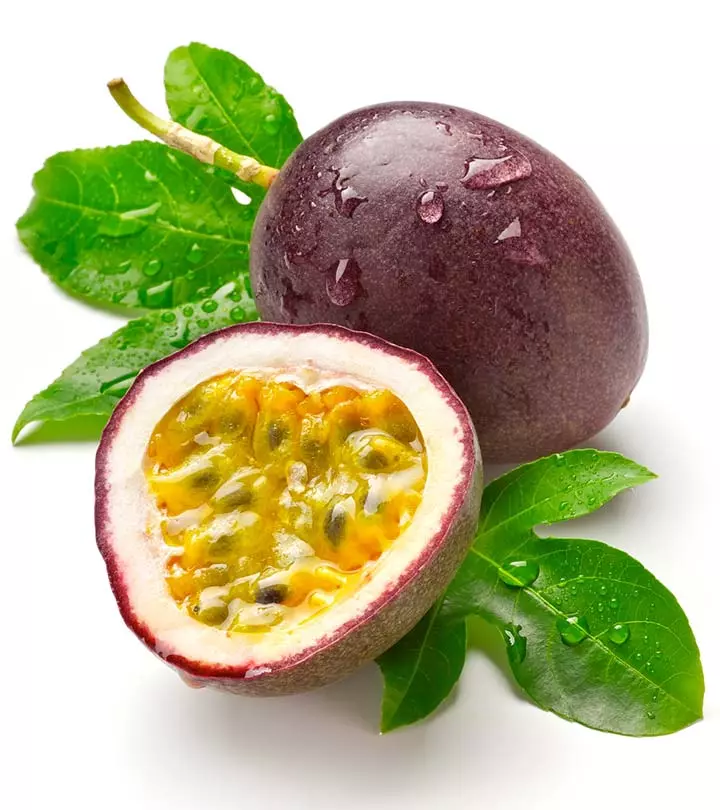
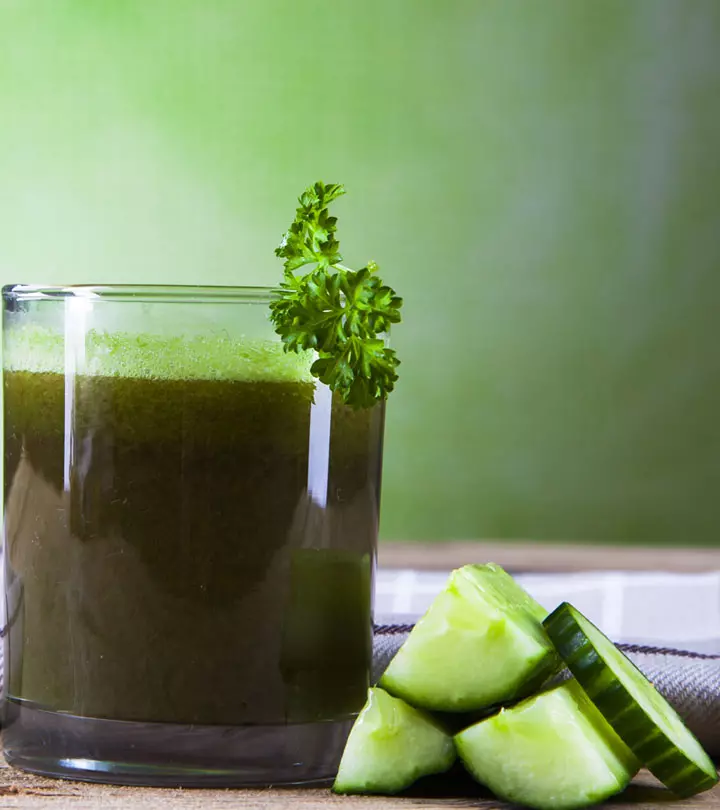
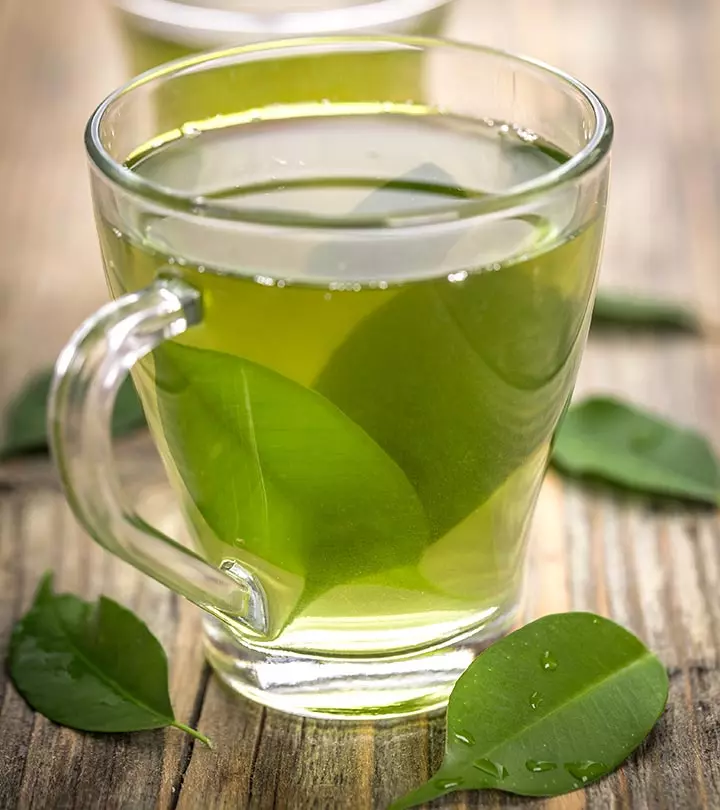





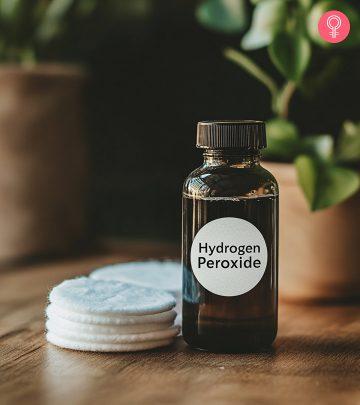
Community Experiences
Join the conversation and become a part of our empowering community! Share your stories, experiences, and insights to connect with other beauty, lifestyle, and health enthusiasts.